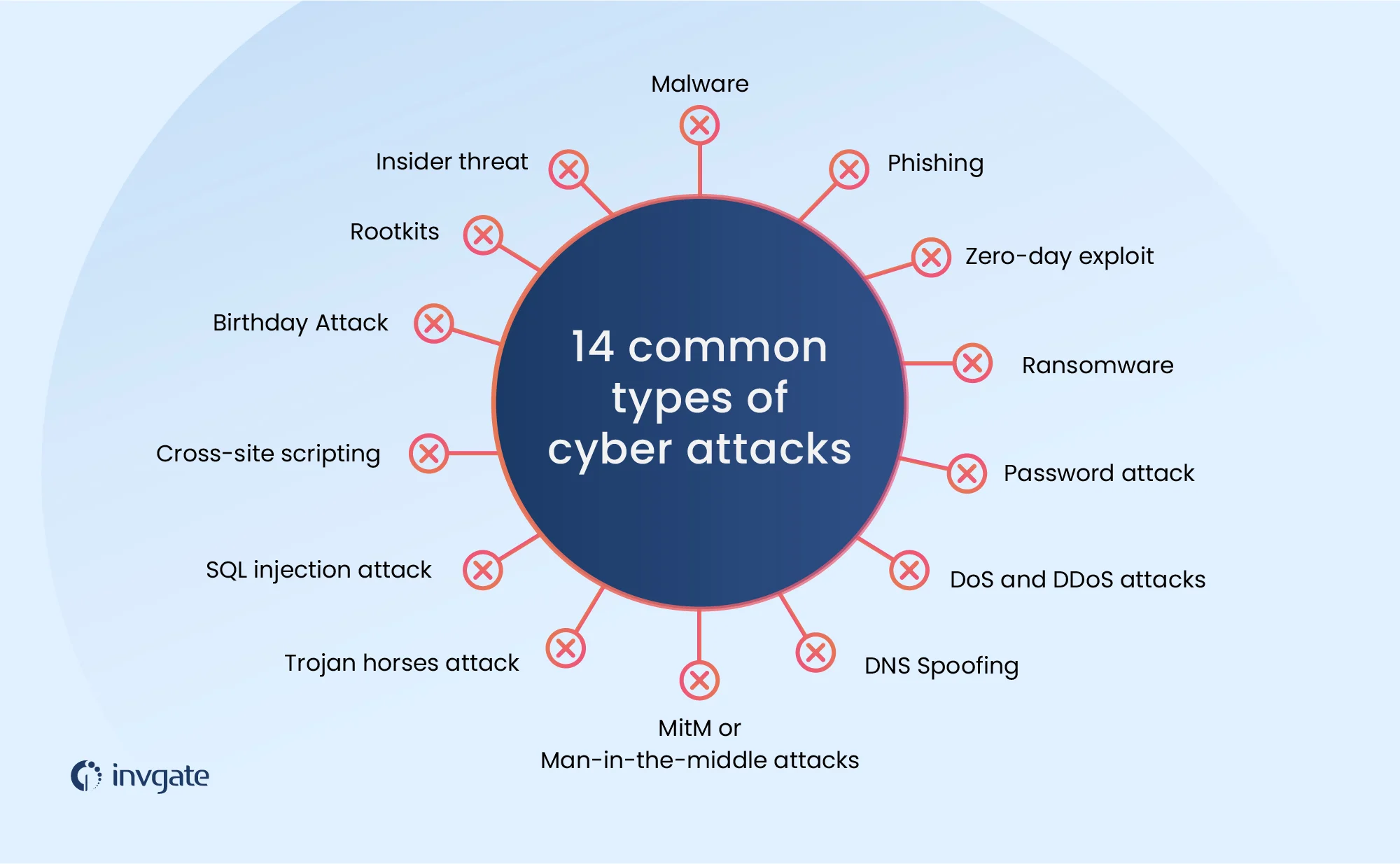Cybersecurity isn’t just for big companies or tech experts anymore. These days, anyone using a phone, computer, or even a smart home device needs to know the basics. There isn’t just one kind of cybersecurity there are different types, each made to protect something specific. Some keep your internet connection safe, others protect your apps or personal data. Knowing which is which helps you stay one step ahead of cyber threats.
Cloud Security
Using Google Drive, iCloud, or storing anything online? That’s the cloud. Cloud security is what keeps that stuff safe from leaks, hacks, and unauthorized access. With so many people and businesses using cloud services now, this is a big deal.
Network Security
This one’s like locking your Wi-Fi network so strangers can’t just jump in. It’s all about protecting the connections between devices your router, your laptop, your phone, etc. Firewalls, VPNs, and antivirus tools all fall under this. Basically, it stops intruders from sneaking in.
Application Security
Ever downloaded an app and worried it might be shady? That’s where app security comes in. It helps developers build apps that are hard for hackers to mess with. It also makes sure updates fix security bugs fast.
Information Security
This is all about protecting your data whether it’s stored on your computer, in an app, or being sent over email. It’s also tied closely to privacy. So if you don’t want your personal info stolen or shared, this is the type of security doing the heavy lifting.
Mobile Security
Phones are easy targets these days. We use them for everything banking, shopping, storing passwords. Mobile security protects your phone and its data from malware, phishing attacks, and other shady stuff.
Endpoint Security
Each device like a laptop or tablet is an “endpoint.” If one device gets infected, it can spread across your whole network. Endpoint security keeps each gadget safe on its own so they don’t turn into backdoors for hackers.
IoT (Internet of Things) Security
Got a smart TV? Smart light bulbs? Even your fridge might be connected to the internet now. These devices usually have weak security, which makes them easy targets. IoT security adds an extra layer to protect all those connected gadgets.
Operational Security (OpSec)
This one’s more about how people handle sensitive info. Who has access to what? Are passwords strong enough? Are files shared securely? It’s not about tech it’s about smart habits and rules.
Critical Infrastructure Security
Some systems are too important to fail think power grids, water supply, hospitals, and transportation. This type of security protects those services from cyberattacks that could cause real-world damage.
Why All These Types Matter
No single type can do it all. They work best as a team. For example, you might have strong network security, but if your apps are full of bugs, hackers can still get in. Or maybe your phone is locked down tight, but your cloud storage is wide open. That’s why layered security is the smartest move.
Frequently Asked Questions (FAQs)
What exactly is a “type” of cyber security?
Think of it like different parts of a team. Each type of cyber security protects a specific area like your cloud storage, your phone, or your internet connection. They all work together to keep your digital life safe.
Why are there so many types?
Because no single thing can cover everything. Hackers use all kinds of tricks, so you need different types of security to block different threats. One type protects your apps, another guards your Wi-Fi, and another looks after your personal data.
Is cloud security really that important?
Absolutely. If you use Google Drive, Dropbox, iCloud anything cloud-based you’re depending on cloud security. It makes sure no one sneaks in and messes with your files or steals your info.
What’s the deal with network security?
Network security protects the roads your data travels on. Whether you’re at home or using public Wi-Fi, it keeps your connection clean and blocks anything suspicious from getting through.
What’s endpoint security, in plain English?
Every device you use like your laptop or phone is an “endpoint.” If one gets hacked, your whole system could be at risk. Endpoint security makes sure each device is locked down and safe.
Do I need to worry about IoT security?
If you have smart devices like a smart speaker, doorbell camera, or even a connected fridge then yes. Those gadgets can be weak spots if they’re not secured. IoT security covers them.
Is mobile security just antivirus for phones?
Not quite. It covers more than just viruses. It also helps protect you from phishing texts, shady apps, and fake Wi-Fi networks. It’s all about keeping your phone and your info safe.
Can one type of security do it all?
Nope, and that’s the point. One type covers just one piece of the puzzle. Using multiple layers like app security, cloud protection, and strong passwords gives you the best shot at staying safe online.
Conclusion
Different types of cybersecurity work together to keep your stuff safe online. Whether it’s protecting your phone, your apps, or the data you store in the cloud, each type has its job. Knowing about these helps you understand why one kind of security alone isn’t enough. Using a mix of them is the best way to stay protected from hackers and keep your info out of trouble.

